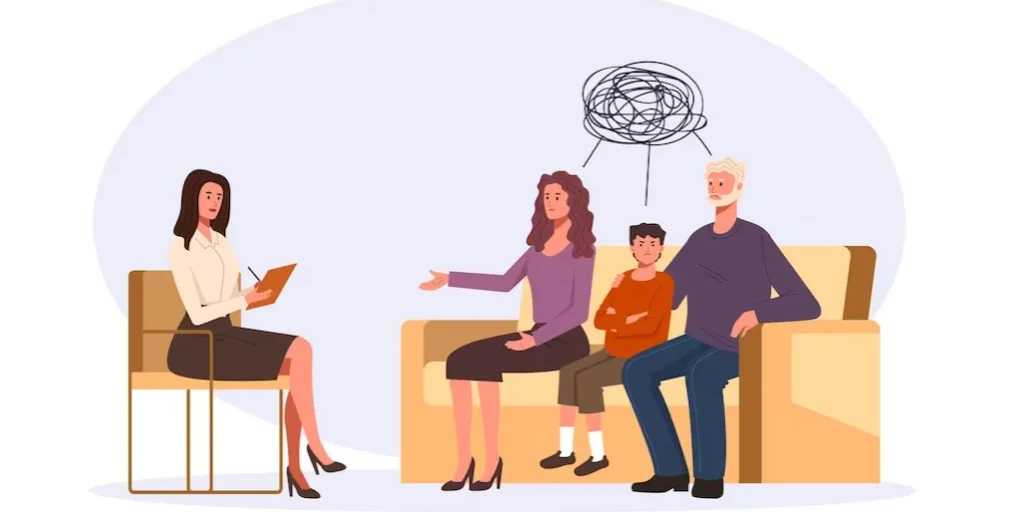24/7 Helpline:
(866) 899-221924/7 Helpline:
(866) 899-2219
Learn more about Residential Rehab centers in Kettle Falls
Residential Rehab in Other Cities
Other Categories in Kettle Falls

Other Insurance Options

Private insurance

Sutter

Ceridian

Optum

Regence

Humana

Health Choice

Access to Recovery (ATR) Voucher

Sliding scale payment assistance

UnitedHealth Group

Kaiser Permanente

CareFirst

Molina Healthcare

Lucent

Health Net

AllWell

UMR

ComPsych

Aetna

MHNNet Behavioral Health



NorthEast Washington Alliance Counseling Services
NorthEast Washington Alliance Counseling Services - Hawthorne Avenue is a diagnostic and treatment c...


























































































































































































































Crisis Intervention Counseling
Crisis Intervention Counseling is a private rehab located in Colville, Washington. Crisis Interventi...

AA – Alcoholics Anonymous
AA – Alcoholics Anonymous is a non-profit rehab located in Colville, Washington. AA – Alcoholics Ano...

Spokane Tribe Behavior Health Agency
Spokane Tribe Behavior Health Agency is a public rehab located in Wellpinit, Washington. Spokane Tri...

Northeast Washington Counseling Service
Northeast Washington Counseling Service is a public rehab located in Chewelah, Washington. Northeast...
































































